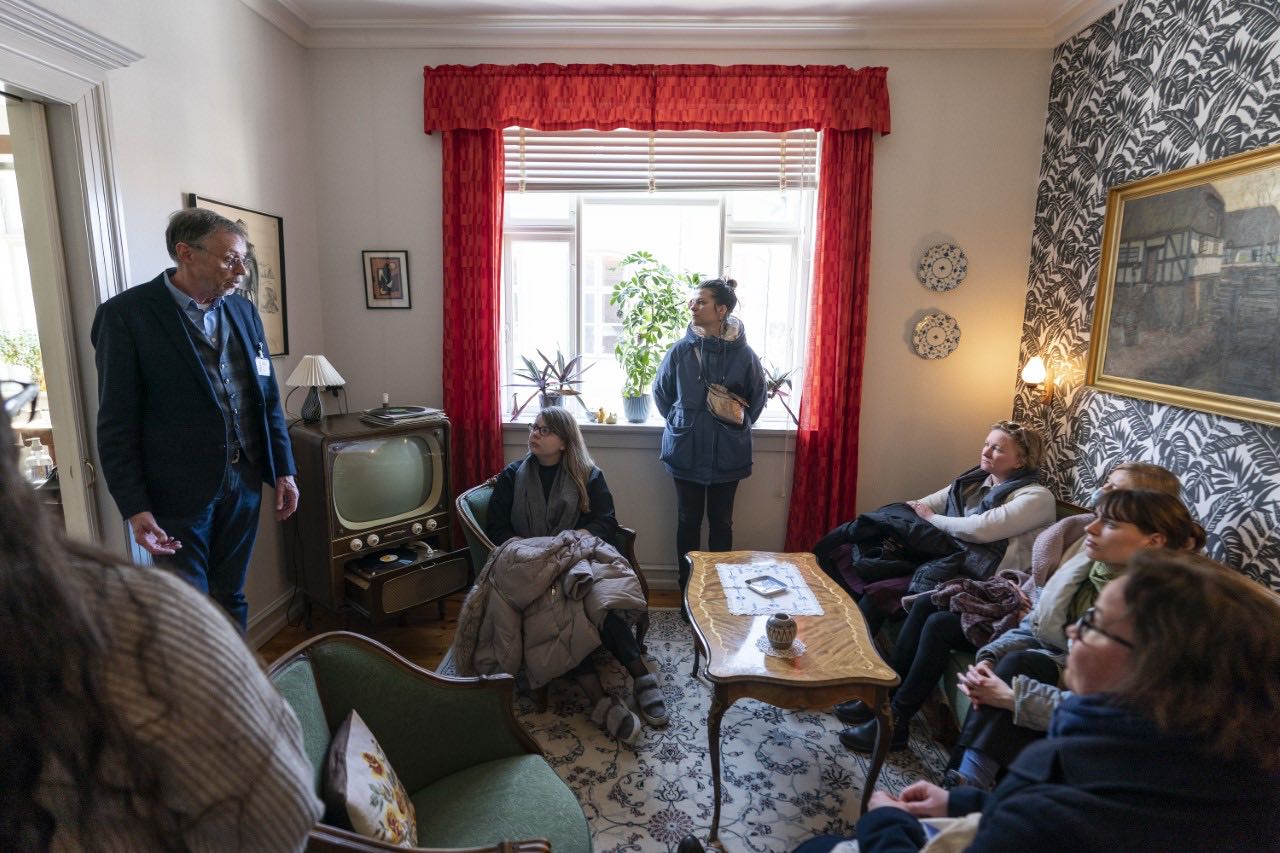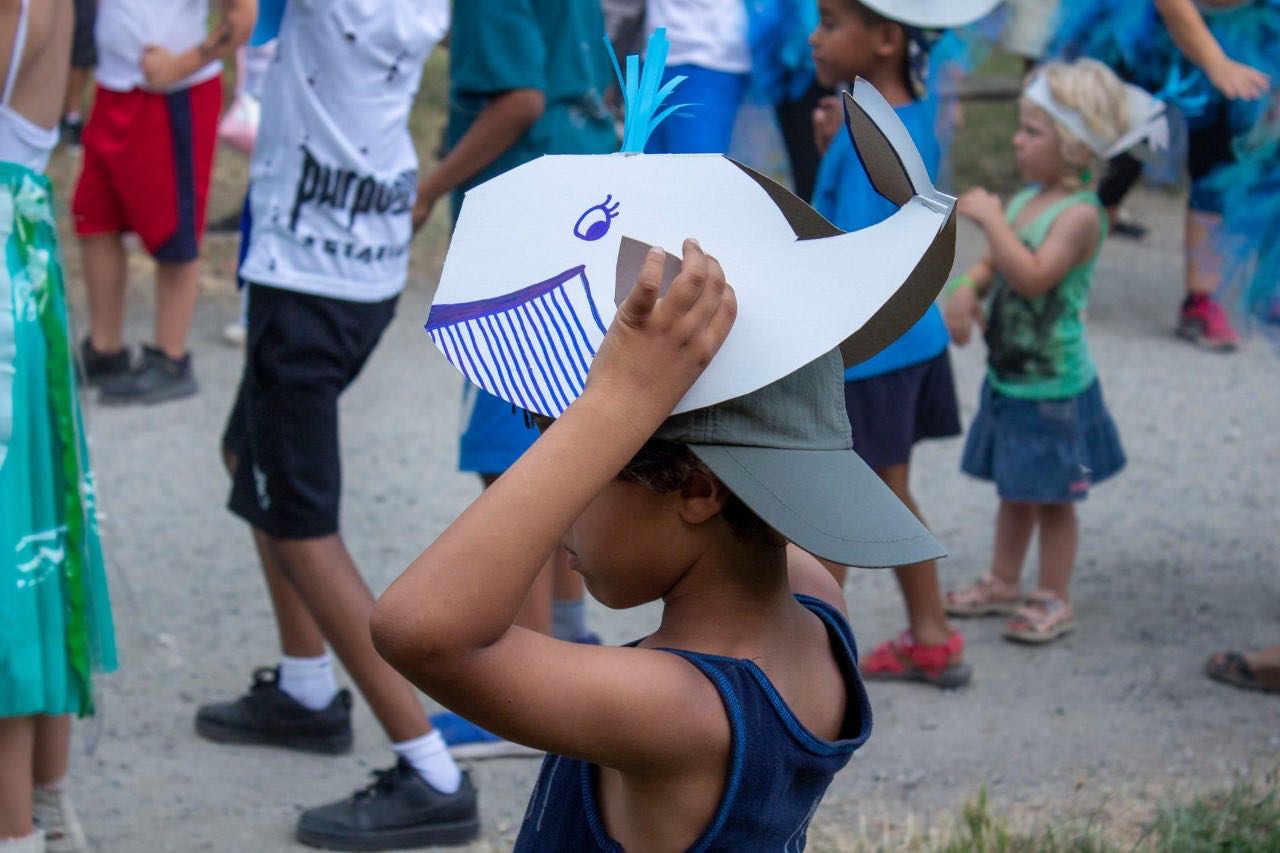The Building Process
The original idea started between Birgit Bundesen, senior consultant in psychiatry and prof. Bent Rosenbaum, authors Pablo Llambías, Trisse Gejl and Martin Glaz Serup who wanted to make a more formal structure for a creative intervention around psychiatric patients and their recovery. This came out of an observed lack of opportunities for creative expression and art activities for users of the psychiatric hospital.
In 2017, the idea manifested in the Centre for Arts and Mental Health in Copenhagen, led by Birgit Bundesen, and consists of both health care professionals and professional authors and artists.
They gathered around the aim to focus on a more holistic approach to mental health that takes social, existential, and aesthetic aspects into account.
The centre initiated, among other initiatives, the research programme REWRITALIZE. The aim was to develop a structure for an Arts and Health intervention, that would be easy to replicate, but at the same time made room for improvisation and creativity from the facilitator, depending on the group´s needs.
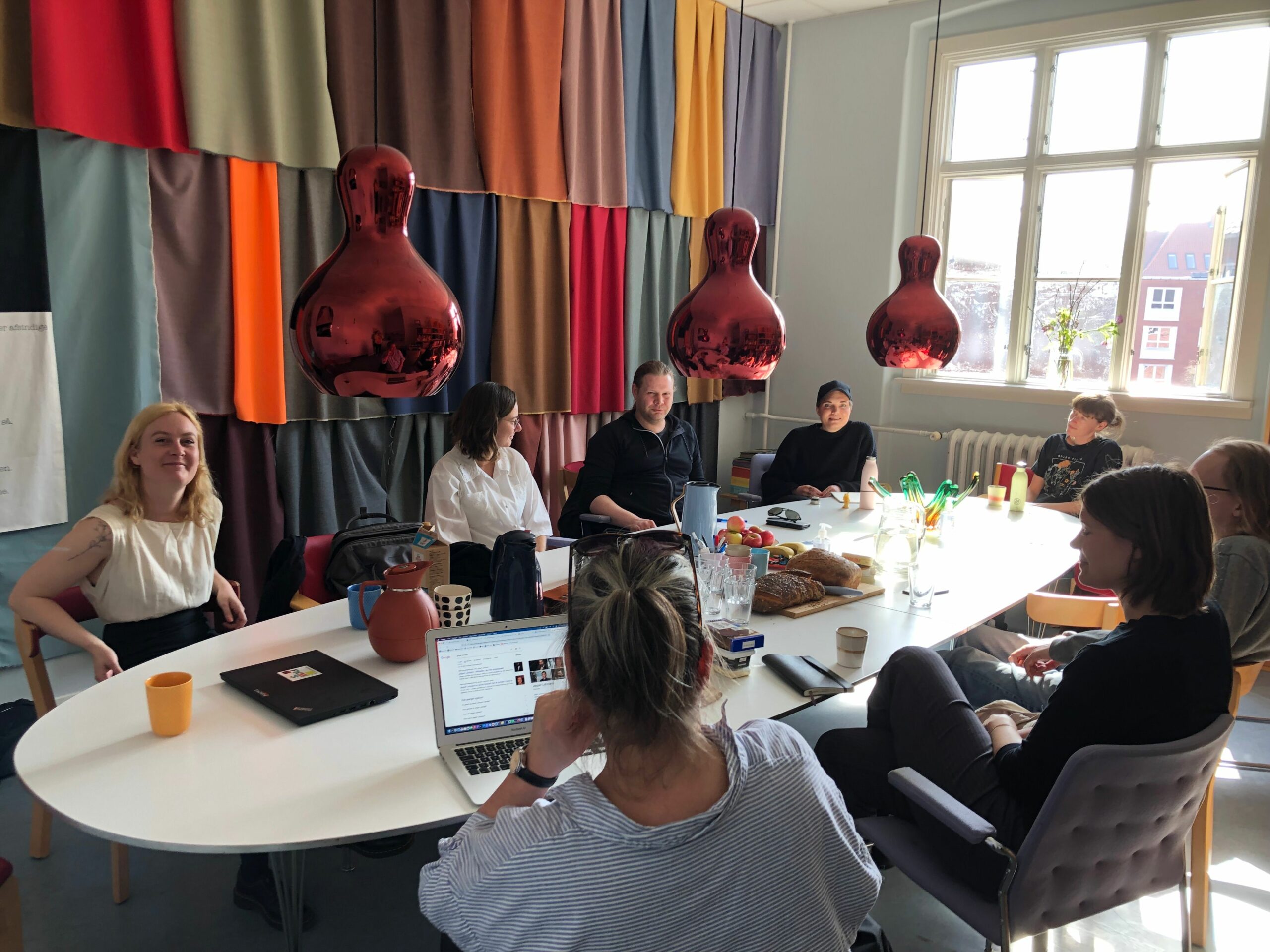
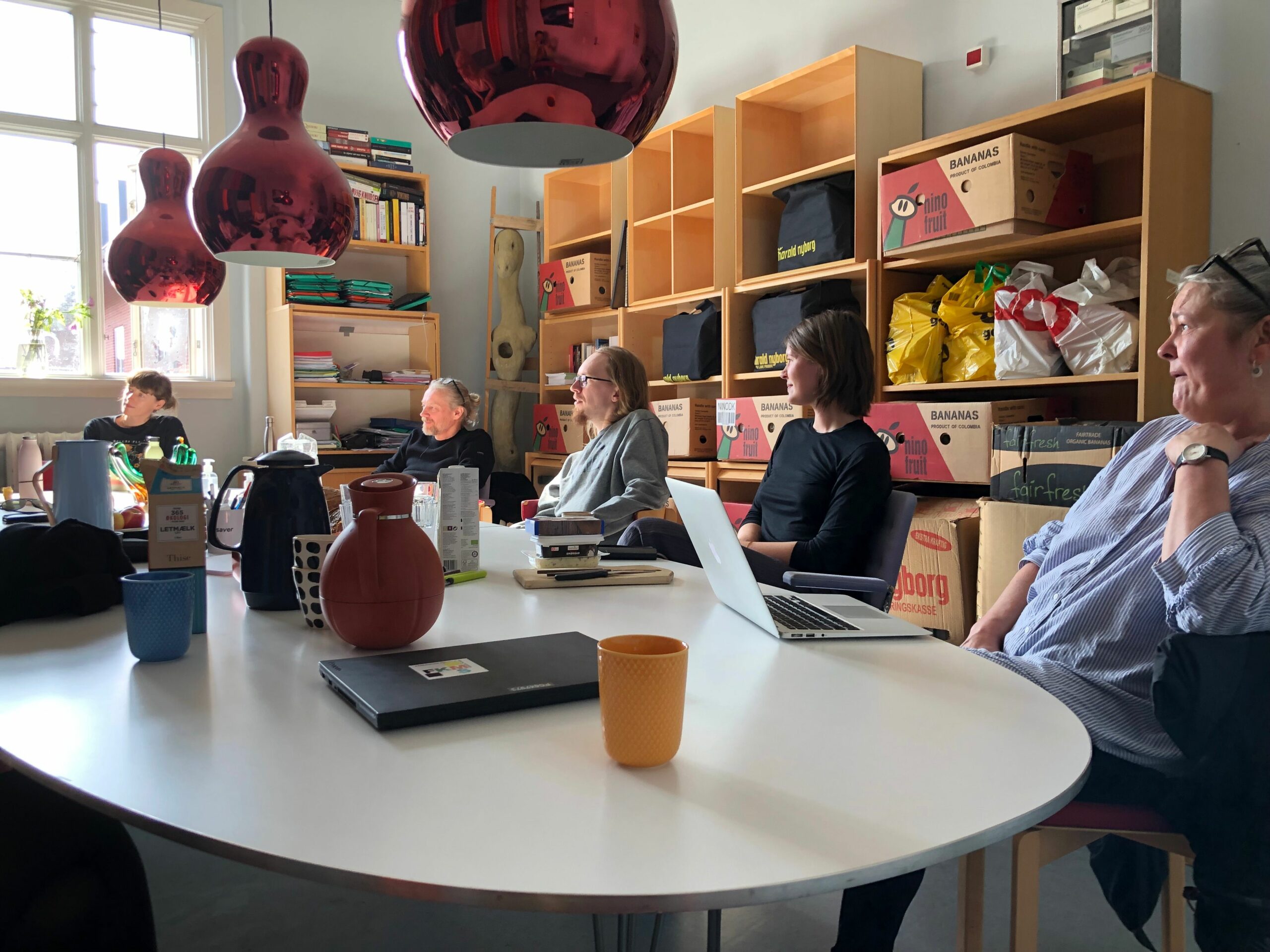
The REWRITALIZE Intervention
The intervention REWRITALIZE is structured as participatory creative writing groups aimed at people with lived experience with mental illness. This meaning that it combines principles from psychotherapy with the creative and playful exploration from an art workshop. Birgit Bundesen notes that it was important for the participants, that it was not offered as therapy but as a possibility to be creative. This was a space where the literary writings as aesthetic constructs were centre of attention.
Normally the intervention runs for 15 weeks with sessions once a week. The sessions are facilitated by professional authors who introduces the theme, writing focus and exercises, much like it is taught at universities and writing academies. In the beginning of the intervention process, the exercises consist of short flow writing exercises to get the participants started and to overcome anxiety and focus on achievement. The workshop should be a safe environment where there is no wrong or right. Further on in the sessions, exercises focus on improving writing skills and cultivating reflective competencies. There is never any homework, and all writings are done during the time together.
In each session there is also a mental health care professional present who makes sure that the participants feel safe and can follow up on participants afterwards, if needed. If the group is well functioning the co-therapist participates in the writing as other group members. The co-therapist is responsible for recruiting participants for the group. In general, Birgit Bundesen and the team has emphasized the importance of involving both artists and health care professionals in the development and execution of the intervention because both are essential to make meaningful content and guidelines.
From 2017 and up to the present the research group gathered data from the writing groups, consisting of questionnaires before and after the intervention and qualitative retrospective interviews. The results were overall promising with interviews indicating that participants benefited from the intervention as part of a recovery process. The research points out that the literary writing workshops helped the participants improve their feelings of self-esteem, transform the basic trust in themselves, and alter the reflections upon themselves in different social situation in a more positive direction. The group just published a systematic literature review (*LINK*) that shows that creative writing in groups have effect on recovery parameters for people with lived experience of mental illness, but also that much more research is needed.
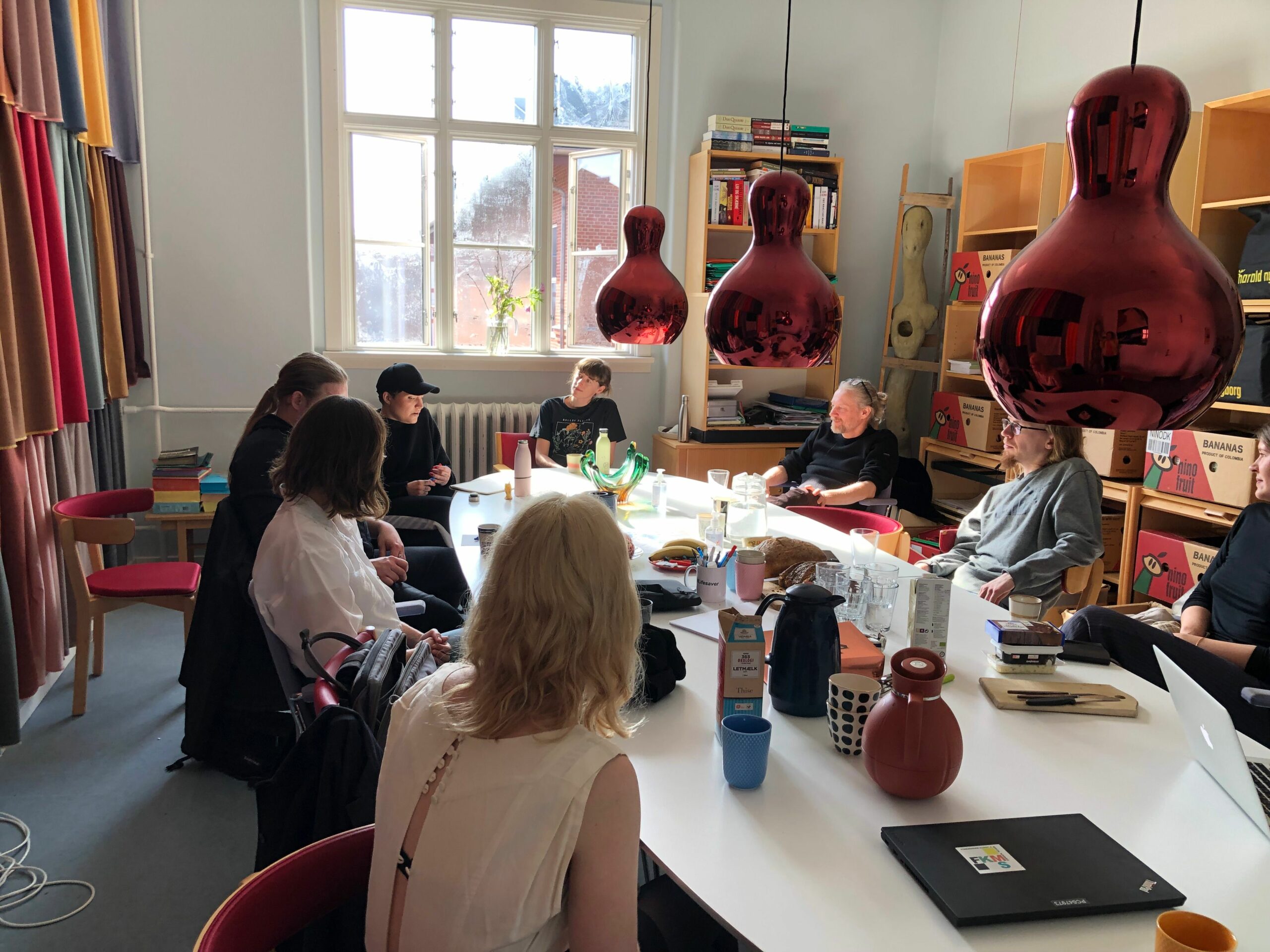

Thoughts On The Arts And Health Field
When asking Birgit what she believes the arts and health field calls for now, she answers:
“The Art and Health sectors need more time to hear each other’s views and to learn each other’s language. There must be respect for both field’s professional work so that neither becomes an instrument for the other. Furthermore, the field calls for political awareness and willingness from the politicians to be more ambitious.”
Birgit Bundesen also emphasizes the ethical responsibility we have in this field when directing interventions toward vulnerable groups and claiming that it has a health promoting effect:
“The Arts and Health field has promising effects, but we still have to make more and better research in the area before offering it to vulnerable groups. We have an ethical responsibility as health care professionals that we make sure that we are not taking any risks on our patients mental health.”
In the future, Birgit Bundesen and her colleagues just received government funding for expanding into a National Centre for Arts and Mental Health where they will continue to work towards promoting the field of Arts and Mental Health through research and close collaboration between both health and arts professionals.
Other great projects
See all